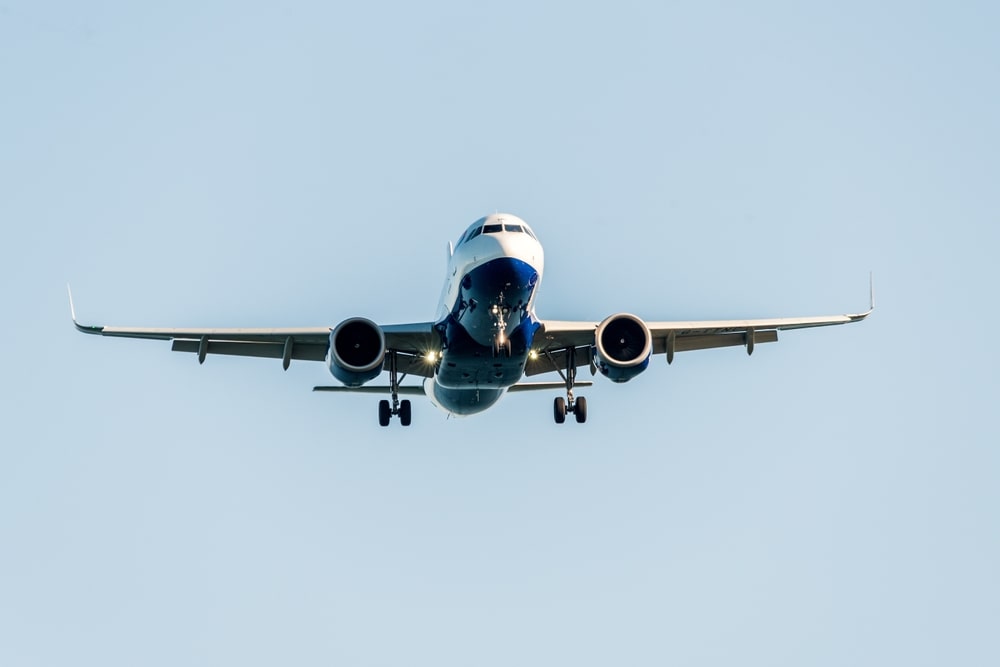
British Airways has announced that it is cancelling hundreds of long-haul flights from its winter schedule, because of an aircraft shortage, caused by delays in the delivery of engines and spare parts from Rolls Royce.
The cancellations include the launch of the new Heathrow to Kuala Lumpur route, the one flight a day between Gatwick and New York and Heathrow to Doha flight too. Passengers on the Kuala Lumpur and Doha flights have been offered alternative flights on Malaysian Airlines and Qatar Airways (which part owns British Airways).
BA has blamed the cancellations on delays in receiving the Rolls Royce Trent 1000 engine which is fitted to its long-haul Boeing 787 aircraft, according to the Financial Times.
These supply chain problems, according to various media reports, have left an estimated five of British Airway’s 40-strong fleet of 787s grounded.
While BA has been using many of the standby Boeing 777 aircraft to fill the gaps, these now require routine maintenance, meaning that BA does not have enough aircraft to fly the current published schedule.
BA’s woes are not the only issue that has hit the airline industry. Boeing is once again in the news, with the new CEO announcing that 10% of the workforce will be laid off as the company reels from a new strike, legal investigations into its aircraft and delayed production of new aircraft.
One of these new aircraft, the new Boeing 777Xs is now delayed to 2026, making it six years behind schedule.
In a tough environment, riddled with geopolitical risks, encroaching environment regulations, higher operating costs, the airline industry would not want to lose out on much needed revenue by cancelling flights.
It is for this reason that many analysts believe that airlines, in seeking to plug gaps in their schedule caused by delays in receiving new aircraft, may turn to using older aircraft such as the Boeing 737 and Airbus A340.

Related Articles
Aviation
Aviation
Aviation